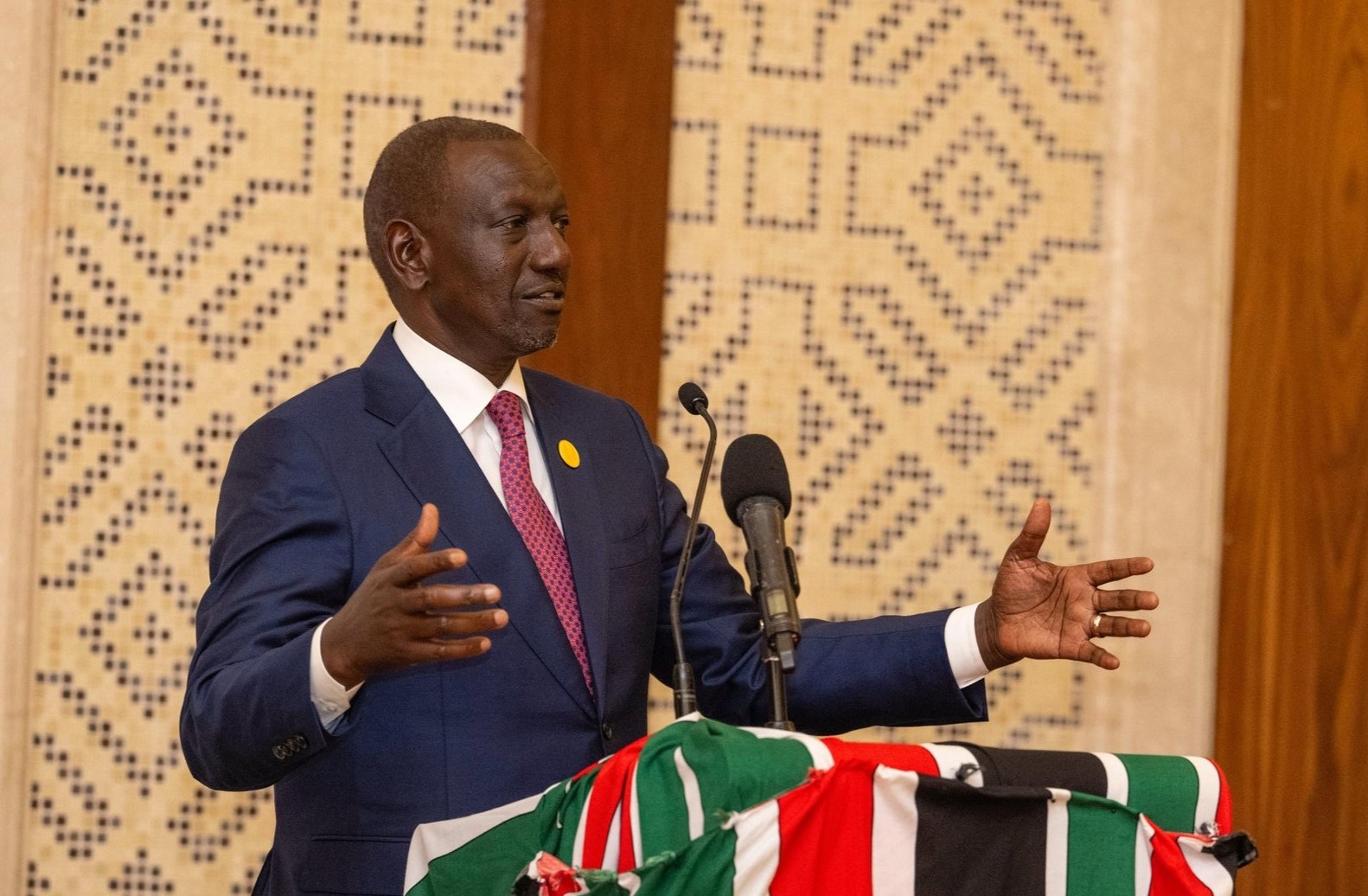Women have been advised to indulge and expand their knowledge in financial management.
Aliya Khanbhai, the Wealth and Insurance in Financial Services team leader at Safaricom says this will grant more women financial independent and lead to their economic empowerment.
Speaking on Friday, Khanbhai said the biggest challenge facing women is financial illiteracy which can be solved by having women speak more on financial matters.
“Following on from that, we need to speak about financial health- having the ability to cater for the needs of today and tomorrow comfortably so that quality of life improves,” she said.
Khanbhai was speaking during empowerment Women Summit held by Radio Africa Group to mark International Women’s day.
Kenya, like many African countries, still suffers from chronic low savings culture, primarily attributed to financial illiteracy.
According to a 2021 report by EFG Hermes, Kenya's savings rate –calculated as the difference between income and consumption – expressed as percentage of the GDP, was at 13 per cent, which is way below Africa's average of 17 per cent.
By contrast, neighbouring Uganda and Tanzania have already crossed the 20 per cent mark even though their per capita income is significantly low.
According to Kenya's 2019 population census, women make up approximately 50.5 per cent of the population in the country.
Trends have shown that households led by women who are financially literate and empowered are the biggest catalyst for a country's economic development and take-off.
According to the Financial Access (FinAccess) survey, 2021, access to financial education empowers women to effectively participate in decision making on financial related matters, which ultimately improves household’s welfare.
The survey also reveals that over 70 per cent of women in Kenya do not participate in financial decision-making within their households because they are not financially illiterate.
Khanbhai said women need to become financially independent to attain economic empowerment.
She noted that the term 'wealth management' can be very daunting and misleading but it’s important to note that wealth management is not for just the wealthy.
“Wealth is different to each one of us and has no minimum requirement. What is important is how to make your money grow and work for you regardless of amount,” Khanbhai added.
As a word of encouragement, Khanbhai told Kenyan women to be intentional about whatever they want.
“Learn to ask questions where not sure and most importantly, remember there is no quick formula to making money - start somewhere and be consistent. In the long term it will pay off,” she said.












